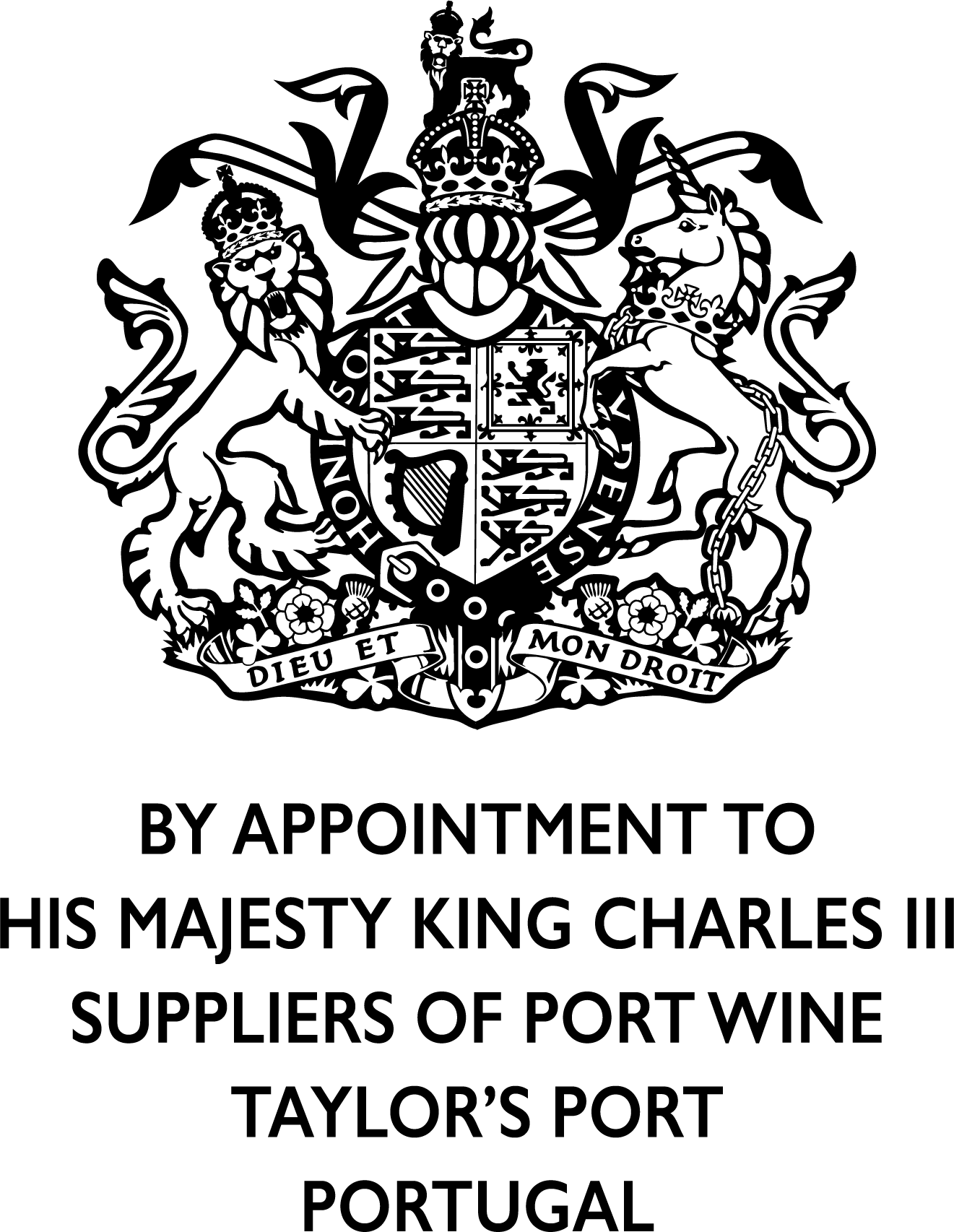The Douro Valley is a landscape of extremes. Whilst temperatures in the summer can race above 40ºC, the winters can be long and very cold with the mercury plummeting below zero. This winter has been no exception and in the past weeks we have experienced many freezing cold days and nights – all good news for our currently dormant vines.
Rain has been sparse so far this winter, although when compared to our records of the last 30 years, still within range of the average rainfalls that we measure regularly at our all our Quintas.
Interestingly, vines used for producing Port can be taken to further extremes with regard to heat and drought than those used for making table wine. This is not because of the grape varietals we use, but because of the unique way in which Port is made. In very hot and dry years, grapes have often produced high levels of sugar by the time they are perfectly ripe. When making table wines, this results in unacceptably high alcohol levels, which is not a problem when producing fine Port wine.
In the fermentation process, sugar is converted into alcohol. We control the sweetness and alcohol levels of Port by adding grape spirit at the crucial moment, to stop the fermentation when the amount of sugar in the fermenting grape juice has reduced to the desired level. So more sugar results in more natural alcohol being produced by the grapes. This means that we can use less spirit to fortify.
In conclusion, in terms of both temperature and rainfall so far this winter, conditions are within the realms of the mean. Moreover spring is often wet in the Douro Valley and there is an old saying ‘Em Abril, águas mil’, or ‘in April a thousand waters’, so there is still plenty of time for the vineyards to build sufficient reserves of water for the coming hot summer months.
